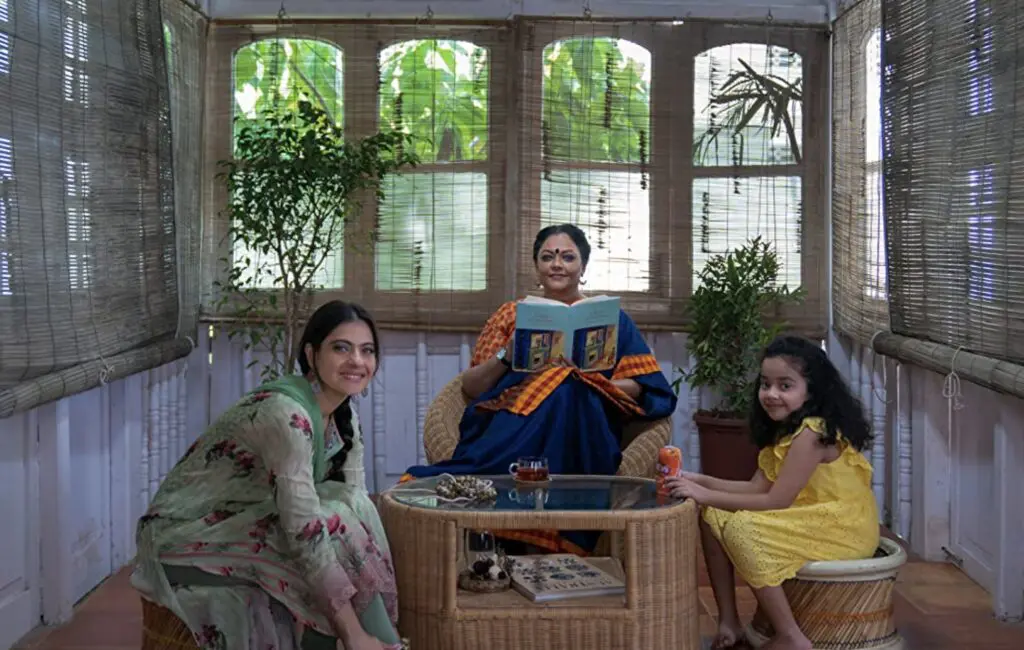Summary
If anyone watching this has even a slightly fractured family life, it will hit home.
This review of Netflix film Tribhanga – Tedhi Medhi Crazy contains no spoilers. The Hindi drama came out on the streaming service on January 15, 2021.
One of my main fears is regret — it’s one thing that you do not want to take to your death bed. We have all had relationships in life where it has fallen apart, whether that be friends, family, partner or spouse, but we always forget about the endgame — death. One of the main strengths of this Hindi Netflix film is that it reminds us of the importance of family; how to heal wounds, and not to have your dying breaths wondering if a relationship could be repaired. Tribhanga — Tedhi Medhi Crazy brings that reality of near-regret, and last chances to make amends.
And I probably sound dramatic because the premise isn’t as deep as my opening gambit suggests. Tribhanga — Tedhi Medhi Crazy follows three women; daughter, mother, grandmother; spanning from the 80s until the present day. When Anu’s mother Naya ends up in hospital after a stroke, it forces a situation that Anu wasn’t prepared for — unity and care. There’s the context of course — this family has enjoyed its wealth and success with writing and the entertainment industry, and it isn’t clear why Anu has such distaste for her mother, but there’s one thing that comes back to the audience; she remains at the hospital, by her mother’s side, despite all the cursing and the animosity against the mother’s biographer.
As the story progresses, it all becomes clear regarding the family history, but the film does marvelously to keep the writing interesting despite most of the dialogue happening in the hospital. There are flashbacks, but the number of conversations that grab your attention next to the bedside is something that can be admired. Tribhanga — Tedhi Medhi Crazy truly hits home the importance of family, loving and forgiving each other. It thrusts the importance of talking to one another and finding the opportune moment to seek clarity on certain events.
There’s a little humor injected in the story; Anu is seemingly an actress, and her flippant attitude appears to work within the script’s context. There’s a scene in particular where she explains the importance of saying “f*ck” over “love” which fully transcribes the kind of character she is — malleable and willing to adapt and develop.
If anyone watching this has even slightly fractured family life, it will hit home. Tribhanga — Tedhi Medhi Crazy is a little gem.




